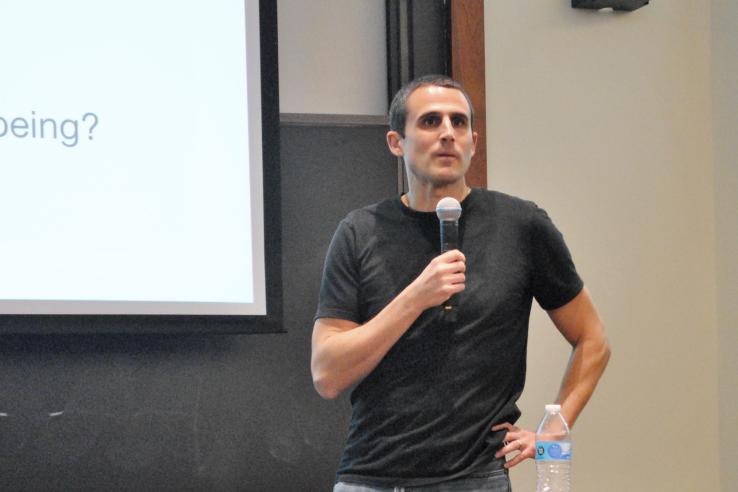Displaying 2026 - 2040 of 7784
Person
Person
Person
Person
Update
J-PAL updates
The Abdul Latif Jameel Poverty Action Lab (J-PAL) Europe office, based at the Paris School of Economics (PSE), announced its plans to collaborate with the National School of Statistics and Applied Economics of Abidjan (ENSEA) on an ambitious capacity building effort in Côte d’Ivoire.
Blog
J-PAL affiliated researcher Paul Niehaus (UC San Diego) shares his perspective on studies of cash transfers in low- and middle-income countries and on how the United States can learn from other contexts.
Update
J-PAL updates
The J-PAL Middle East and North Africa (MENA) January 2024 newsletter features updates and exciting news on expanding efforts under Egypt Impact Lab, the renewal of the Global Evidence for Egypt Spotlight Seminar Series Partnership, our conference on Partnership Development for Climate Adaptation in...
Person
Blog
In October 2023, J-PAL North America joined the Learning Engineering Virtual Institute to support organizations evaluating learning products that harness AI and machine learning to improve middle school math achievement.
Event
As governments across the nation lead the work of advancing economic mobility in their communities, there’s much to be learned from one another on assessing the effectiveness of their interventions. This convening will connect government leaders and decision makers facing similar policy issues to...
Evaluation
In Afghanistan, researchers evaluated the impact of a Targeting the Ultra Poor program on poverty reduction. The cost-effective program generated large positive impacts for women participants across key outcomes: consumption, assets, psychological well-being, total time spent working, financial inclusion, and women’s empowerment.





